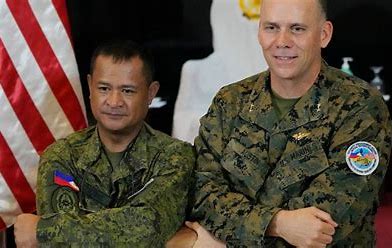
President Donald Trump has reportedly considered withdrawing 35,000 active U.S. troops stationed in Germany, as reported by the Telegraph. This potential move has raised significant concerns among NATO allies, as it could alter the balance of military power and security in Europe.
Trump has consistently linked U.S. military support to NATO members’ financial contributions, stating, “If you don’t pay your bills, we’re not going to protect you.” This stance has reignited debates about the financial responsibilities of NATO member states and the future of collective defense.
Germany, which hosts the largest contingent of U.S. troops in Europe, has been a critical hub for American military operations since World War II. The presence of U.S. forces has not only bolstered NATO’s defense capabilities but also served as a deterrent against potential threats. A significant reduction in troop numbers could weaken NATO’s ability to respond swiftly to crises and may embolden adversaries.
In response to these developments, European leaders have convened emergency talks to address the potential security vacuum. Discussions have centered on increasing defense spending, enhancing regional military cooperation, and exploring alternative strategies to ensure the continent’s security. Some leaders have expressed concerns that reduced U.S. military aid could signal a shift in America’s commitment to NATO, potentially encouraging other member states to reconsider their own contributions.
This situation underscores the broader challenges facing NATO as it navigates the complexities of modern geopolitics. The alliance must balance the need for equitable financial contributions with the imperative of maintaining a united front against shared threats. As European nations grapple with the implications of a diminished U.S. presence, the future of NATO’s collective defense strategy hangs in the balance.




